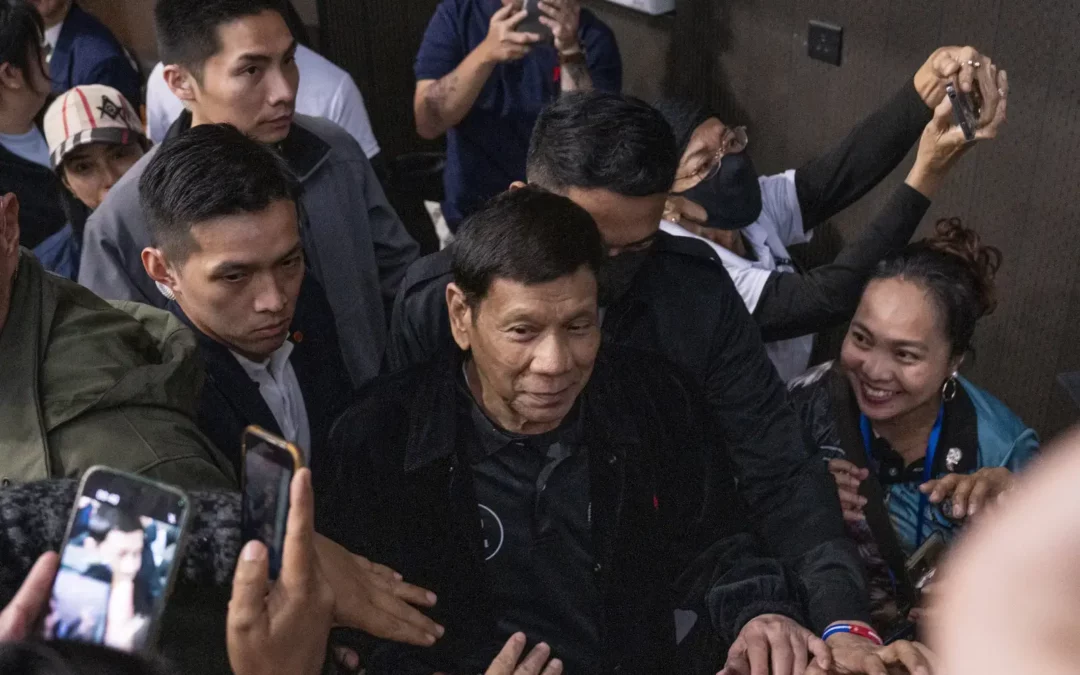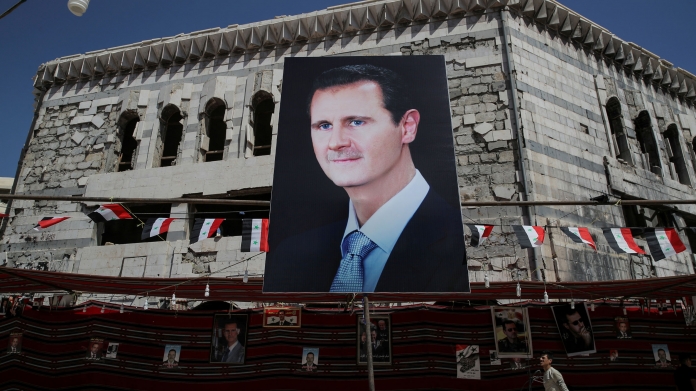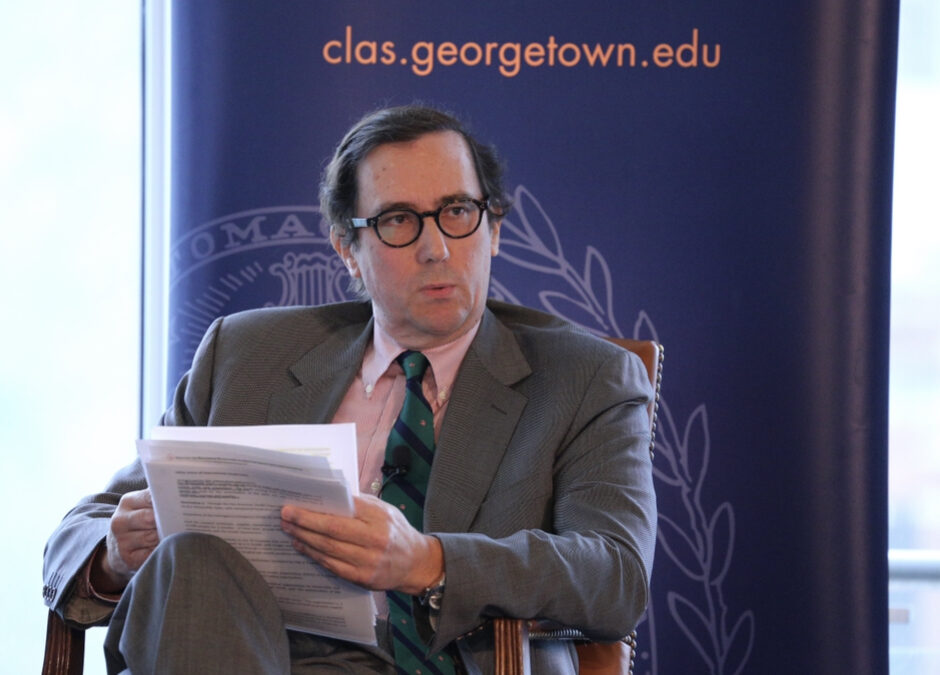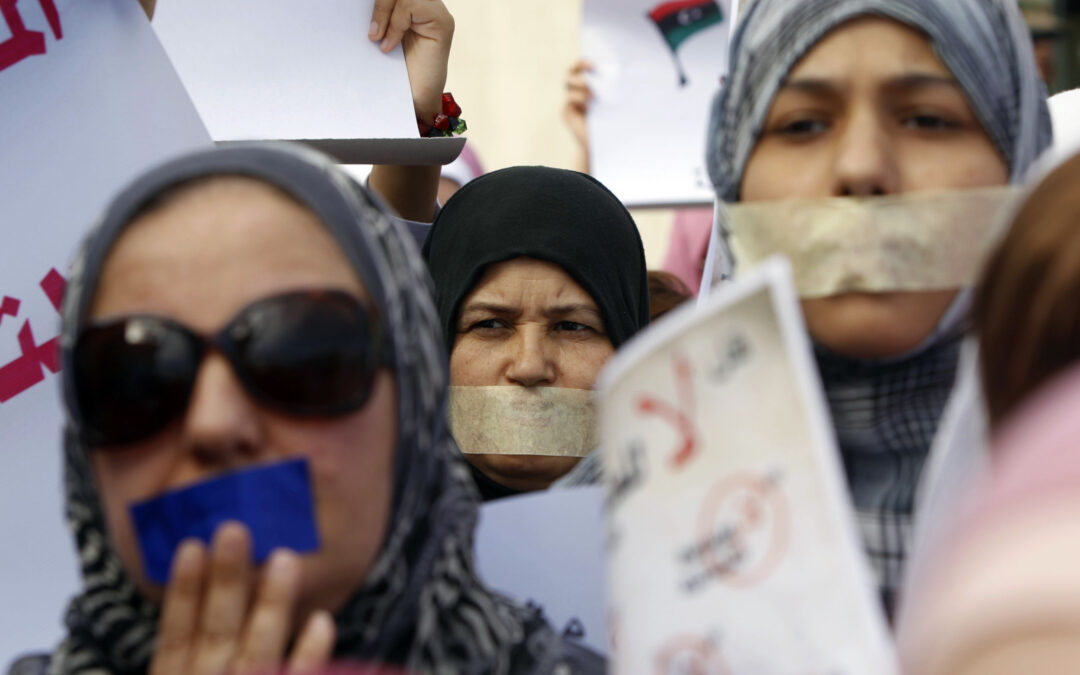


Syria: Ouster of Bachar Al-Assad a Historic Opportunity for Justice and Accountability
The ouster of Bachar Al Assad is a unique, historic opportunity for the pursuit of justice, accountability, and the right to truth for decades of serious crimes under international law in Syria, the International Commission of Jurists (ICJ) said today. “As Saidnaya,...
ICJ welcomes its New President, human rights advocate Carlos Ayala
Ayala brings decades of experience defending the rule of law, advocating for constitutional justice, and championing the rights of marginalized groups The International Commission of Jurists (ICJ) proudly welcomes Carlos Ayala as its new President, taking over...
Libya: Urgent Action is Needed to Address Widespread Violence Against Women in the Country
On 25 November, the International Day for the Elimination of Violence Against Women, marking the launch of the 16 days of Activism against Gender-Based Violence (GBV), the International Commission of Jurists (ICJ) denounces the alarming prevalence of violence against...
Lesotho: ICJ makes a submission to the Universal Periodic Review
On 11 October 2024, the International Commission of Jurists (ICJ) made a submission to the UN Human Rights Council’s Working Group on the Universal Periodic Review (UPR) in advance of its consideration of Lesotho’s human rights record during the 49th session of the UPR in April and May 2025.




